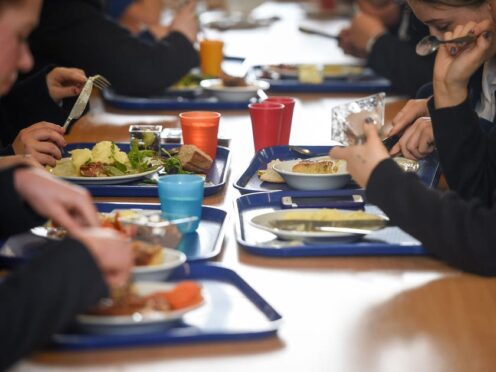Specialist treatment should be provided for people with an eating disorder which makes them avoid certain foods, a charity has said.
It comes amid a “dramatic increase” in people seeking help for ARFID, or avoidant/restrictive food intake disorder.
Patients with ARFID usually avoid certain foods or limit what they eat, and the eating disorder can occur in children, teenagers and adults.
This can happen for a number of reasons, including sensitivity to tastes, textures, or smells, distressing experiences while eating such as choking, and low interest in food.
Eating disorder charity Beat said its helpline received more than 2,000 phone calls in 2023 – 10% of the total – from people seeking support for ARFID.
The figure is up from 295 calls in 2018.
Andrew Radford, chief executive of Beat, described the spike as “extremely worrying”.
He said: “It’s extremely worrying that there has been such a dramatic increase in those seeking support for ARFID, particularly as specialist care isn’t always readily available.
“All too often we hear from people who have been unable to get treatment close to home, or have faced waits of months or even years to get the help they need.
“ARFID is an eating disorder that rarely gets the attention it deserves, and it’s unacceptable that that seems to apply to funding, too.
“Now is the time for NHS decision-makers to ensure that anyone who needs support can get it from trained and fully equipped teams across the country.”
An NHS spokesperson said: “During the pandemic, referrals for eating disorders for children increased by almost 50% and the NHS is clear that improving care for people with an eating disorder including ARFID is vital, with investment, targeted support and training helping to develop community eating disorder teams in all areas in England.
“Since 2016, investment in children and young people’s community eating disorder services has risen every year, with an extra £54 million per year since last year and extra funding continues to enhance the capacity of community eating disorder teams, including the needs of those with ARFID, across the country.”
